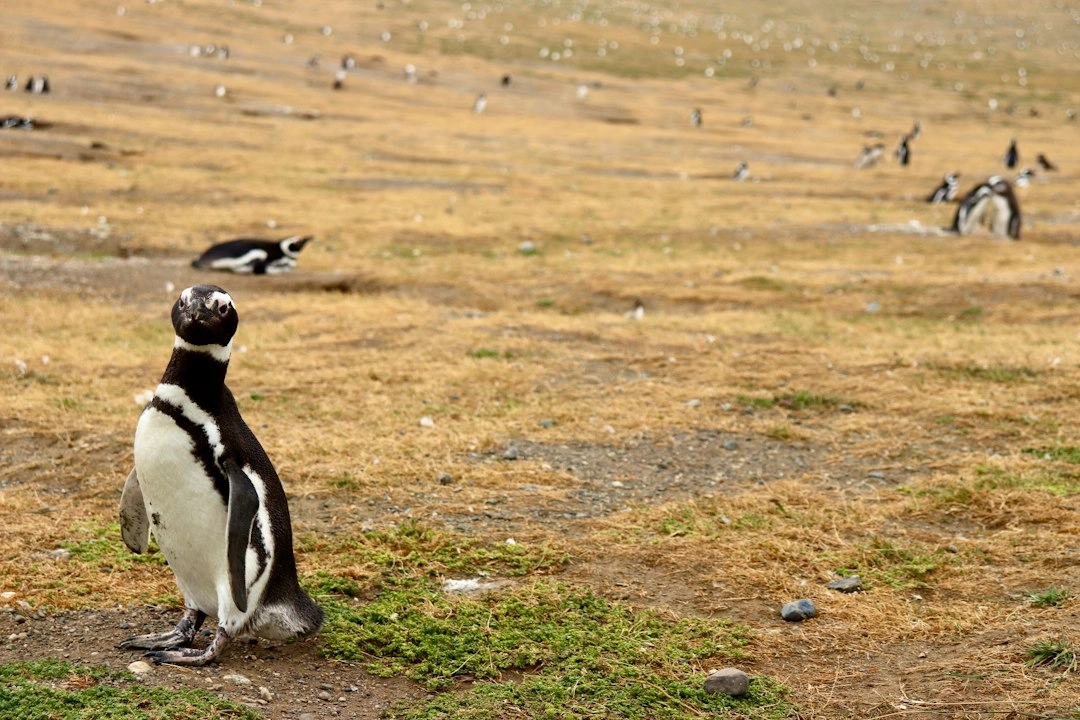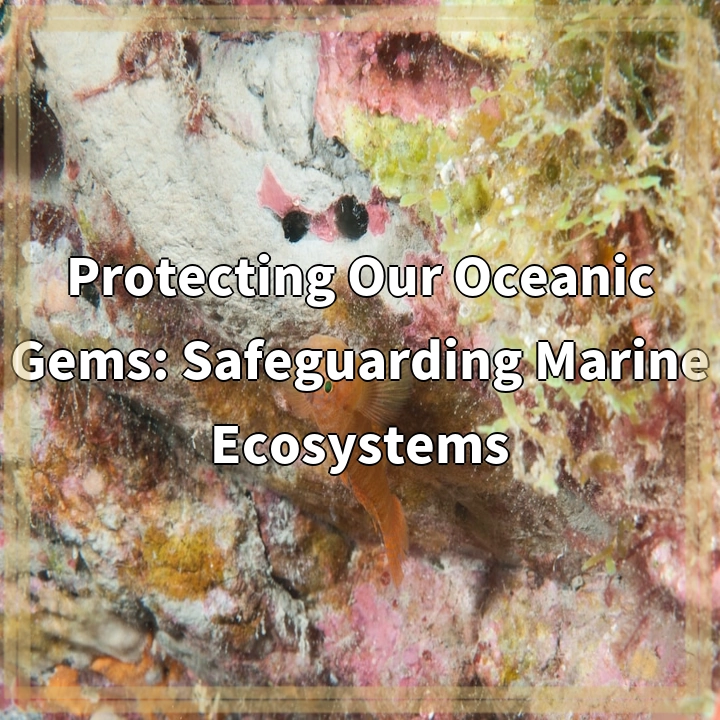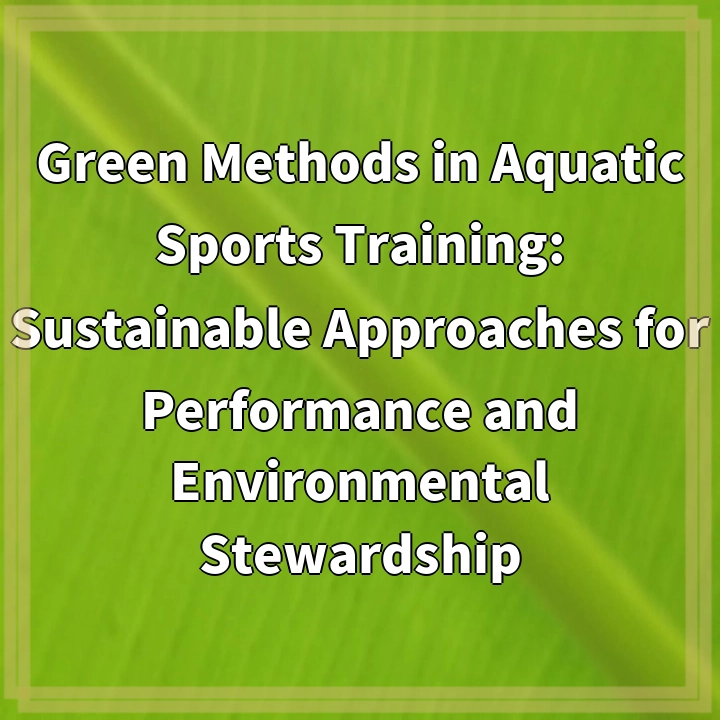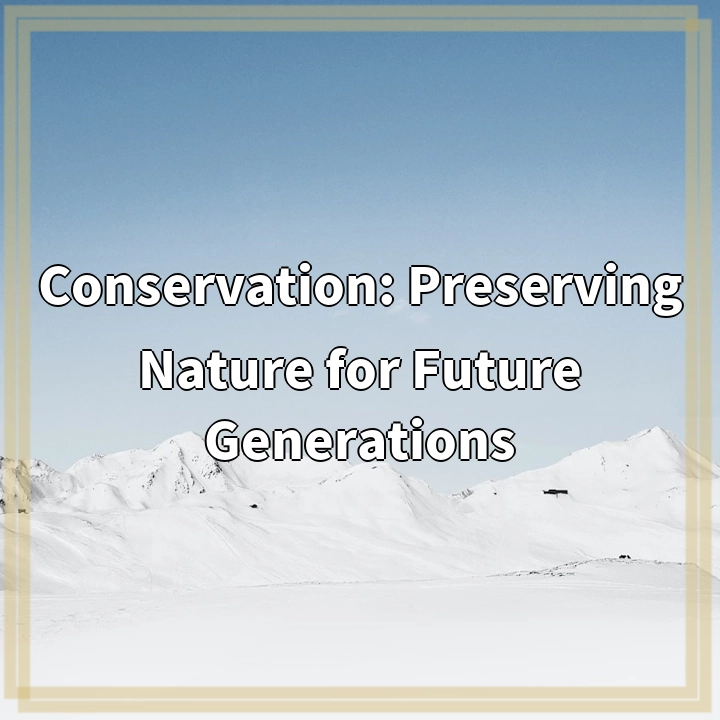
What is Conservation?
Conservation refers to the intentional and sustainable management of natural resources to protect and preserve them for the benefit of present and future generations. It involves efforts to protect ecosystems, species, and habitats from degradation, exploitation, and extinction. Conservation aims to maintain the delicate balance of nature and safeguard the biodiversity of our planet.
Real-World Problems Associated with Conservation
Habitat Loss
Habitat loss is one of the most significant challenges in conservation. Due to human activities such as deforestation, urbanization, and agriculture, many natural habitats are being destroyed or fragmented. This loss of habitat directly threatens the survival of countless plant and animal species, pushing them towards extinction.
Climate Change
Climate change poses a severe threat to the natural world and conservation efforts. Rising temperatures, changing precipitation patterns, and increased frequency of extreme weather events disrupt ecosystems and negatively impact biodiversity. Habitats become unsuitable for certain species, leading to migration or extinction, while oceans and coral reefs suffer from acidification and bleaching.
Poaching and Illegal Wildlife Trade
Poaching and illegal wildlife trade continue to decimate populations of endangered species, such as elephants, rhinos, and tigers. Despite legal protections and international regulations, the demand for animal products, including ivory, horns, and exotic pets, drives a lucrative illegal market. Conservationists and governments work together to combat this illicit trade and protect vulnerable species.
Invasive Species
Invasive species, introduced by humans into non-native habitats, can have devastating effects on local ecosystems. These species often outcompete native plants and animals, disrupt food webs, and threaten the survival of indigenous species. Eradicating invasive species and restoring ecological balance is essential for effective conservation.
Lack of Awareness and Funding
A lack of public awareness and inadequate funding for conservation efforts pose significant challenges. Many people are not fully aware of the urgency and importance of conservation, leading to apathy or ignorance. Additionally, limited financial resources hinder the implementation of conservation projects and make it difficult to support research, education, and protected area management.
Human-Wildlife Conflict
As human populations expand and encroach upon natural habitats, conflict with wildlife becomes more prevalent. Competition for resources, such as land and water, can result in human-wildlife conflict, leading to negative perceptions and retaliatory actions towards species that are critical for ecosystem health. Balancing human needs and biodiversity conservation is a complex but vital task.
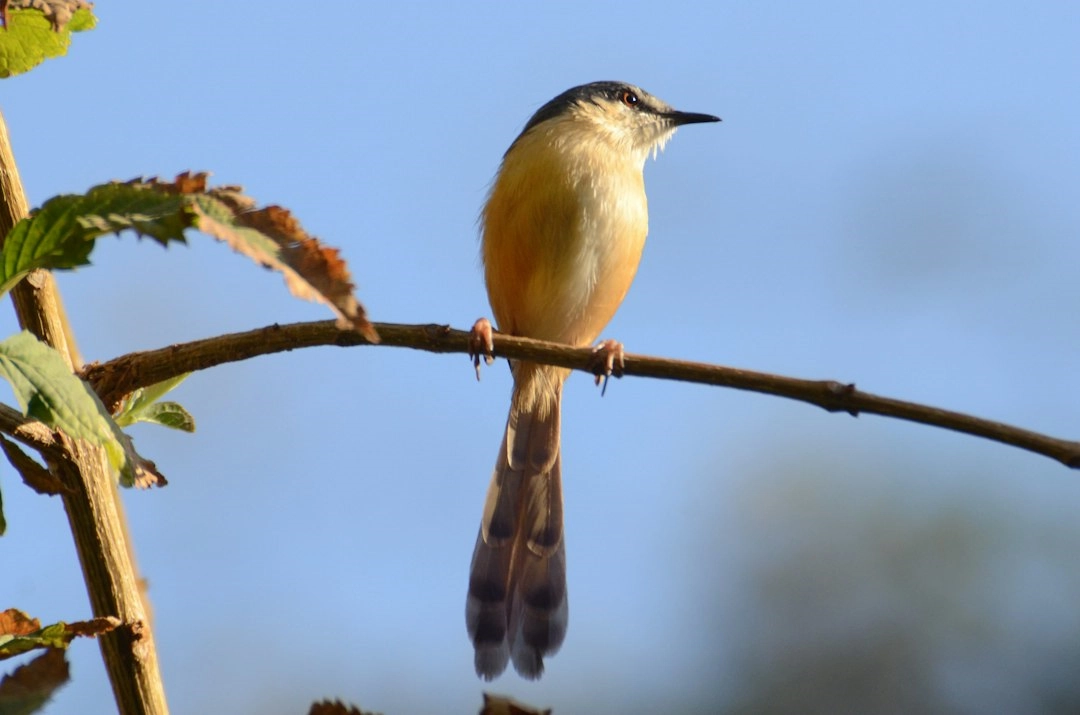
Possible Solutions to Conservation Challenges
Addressing the problems associated with conservation requires a combination of individual and collective efforts. Here are some potential solutions:
Habitat Conservation and Restoration
Efforts should be focused on preserving existing habitats and restoring degraded ones. This includes the establishment of protected areas, habitat corridors, and reforestation initiatives. By safeguarding ecosystems, we can protect the species that depend on them.
Climate Change Mitigation and Adaptation
Reducing greenhouse gas emissions and implementing strategies to adapt to a changing climate are crucial for conservation. Promoting renewable energy, advocating for sustainable practices, and supporting communities in vulnerable regions help mitigate the impacts of climate change on wildlife and habitats.
Combatting Illegal Wildlife Trade
Strengthening law enforcement efforts, increasing penalties for poaching and trafficking, and raising awareness about the consequences of the illegal wildlife trade are essential. Collaborating with local communities, enhancing intelligence sharing, and improving global cooperation can help combat this destructive practice.
Invasive Species Management
Preventing the introduction of invasive species through strict biosecurity measures is vital. When invasions occur, early detection and rapid response are essential. This involves implementing control and eradication strategies to minimize the ecological damage caused by invasive species.
Education and Outreach
Increasing public awareness about the importance of conservation and the threats it faces is crucial. Educating people about the value of biodiversity, incorporating environmental education in schools, and utilizing various communication platforms can inspire action and foster a sense of responsibility towards nature.
Sustainable Resource Use
Promoting sustainable agriculture, responsible fishing practices, and eco-friendly tourism are important for maintaining ecosystem health. Encouraging businesses and individuals to adopt sustainable practices reduces the pressure on natural resources and supports conservation efforts.
Collaboration and Partnerships
Collaboration between governments, NGOs, researchers, local communities, and various stakeholders is crucial for effective conservation. By working together, sharing expertise and resources, and building partnerships, we can achieve greater impact and implement comprehensive solutions.
